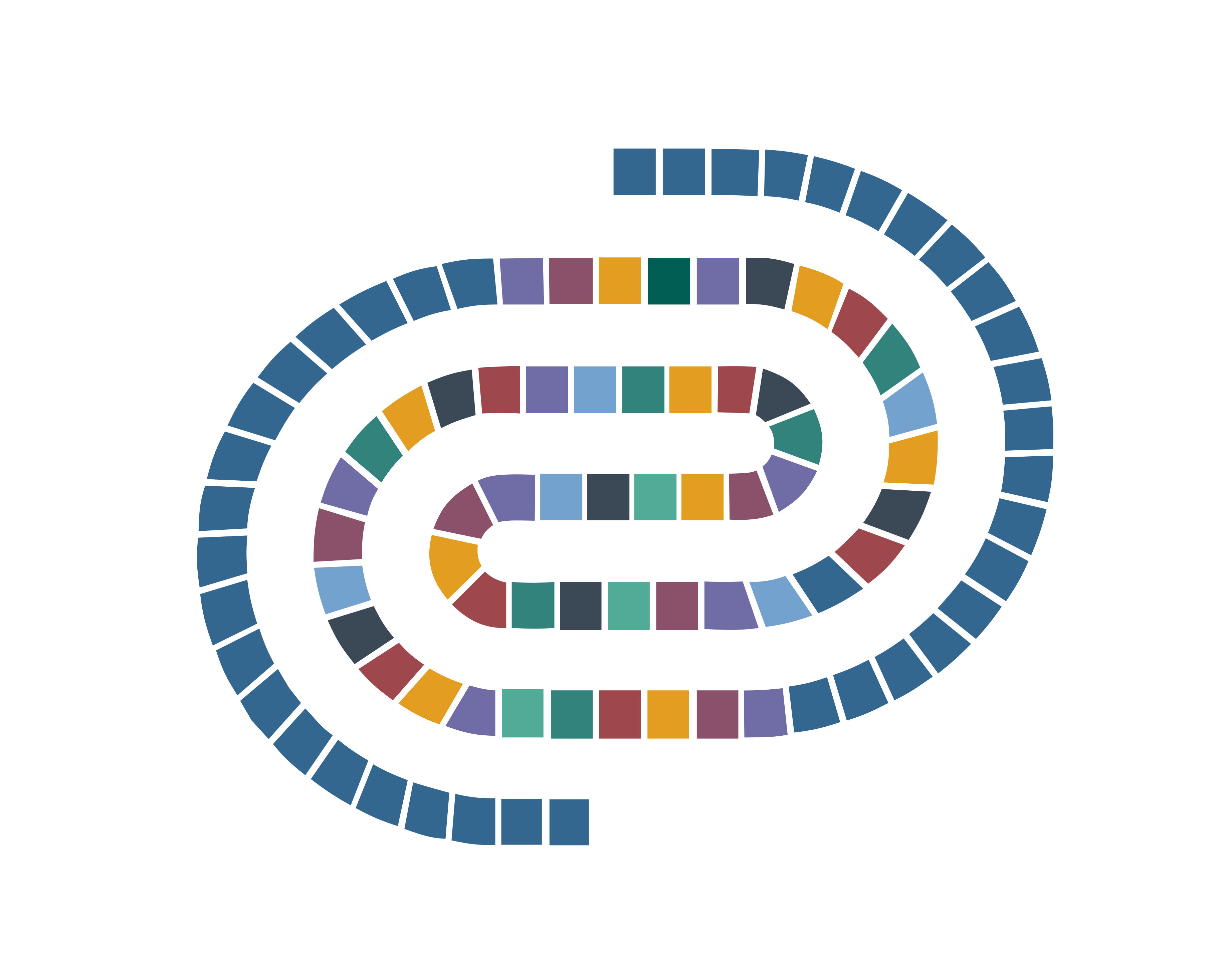DaSCH Service Platform –Characteristics
The DaSCH Service Platform (DSP) is a repository for the long-term preservation and reuse of data in the humanities. We designed it to accommodate data with a complex internal structure, including data that could be stored in relational, graph or No-SQL databases.
Moreover, your research project can benefit from the following advantages:
A DSP repository is a place for conducting research. The DSP can store texts, images, audio and video recordings, metadata, annotations, text markup, and any other data created by humanities research. It is designed for long-term preservation, while providing powerful tools for searching, annotating, extending, linking, sharing and reusing data.
By ensuring that your research data is searchable and retrievable after your project’s completion, you enable it to become primary data for a new project. This will help to increase the visibility of your project, boost your number of citations and help the humanities field to become more efficient by reducing the need for duplicate research, while also fulfilling the requirements of funders to make the results of your research available to the public.
Use standards for images
-
We provide support for the IIIF Image API
Keep working on your data and make it searchable
-
You can upload, change and edit your research data even after long-term archiving
-
We not only make the project metadata searchable, but also make the primary research data itself searchable and findable
Build your own virtual research environment
-
Create a project-specific data model in our visual editor
-
Validate XML and JSON files directly in the editor thanks to data models
Ensure consistency
-
Having defined your data model, we ensure that your data is consistent with it
Keep track of your data history
-
Changes to data are versioned, making them long-term traceable and transparent
-
Persistent identifiers allow reliable citability, whereby even older versions remain retrievable in their state at the time
Control access to your data
-
You decide who can view and change each item of data in your project, e.g. for copyright reasons
Employ powerful searches
-
Search for relationships between text, metadata, annotations, markup, links and more
Ensure the longevity of your data
-
We enable long-term archiving of research data even if technology changes
Storage in a repository recognized by funding agencies
-
We are recognized by the SNSF as providing long-term archiving
-
Our technology is based on open-source software
